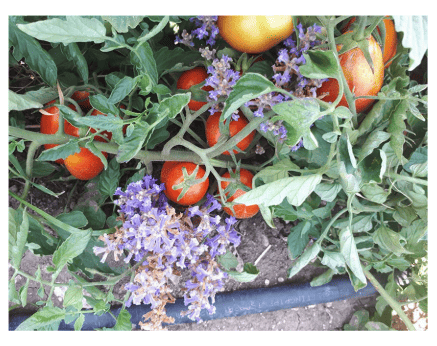Broomrapes (Orobanche and Phelipanche spp.) are root holoparasites deriving their nourishment from the parasitic interaction they establish with the host plant. Vegetable crops are severely affected worldwide from broomrapes infestations, which are hard-to-manage through the conventional agronomical practices and determines relevant production losses. The identification of resistant varieties represents the ideal solution to face with this noxious threat, and several efforts were spent along decades in this perspective. In this review, we give an update about genetic and molecular mechanisms underlying the host-parasite interactions and a comprehensive overview on breeding for resistance to Orobanche and Phelipanche spp. in vegetables. Natural sources of resistance were discovered from germplasm exploration in some species, and artificial mutagenesis provided additional variability. Recent advancements in the genomics of parasitic and host plants, and the availability of new breeding technologies will pave the way for future developments, and valuable results have already been achieved in the last few years. The integration of different genetic resistance mechanisms, preferably interfering with different parasite’s developmental stages, with innovative agronomical management practices will probably provide a more effective and durable containment strategy.
https://link.springer.com/article/10.1007/s10681-022-03035-7
